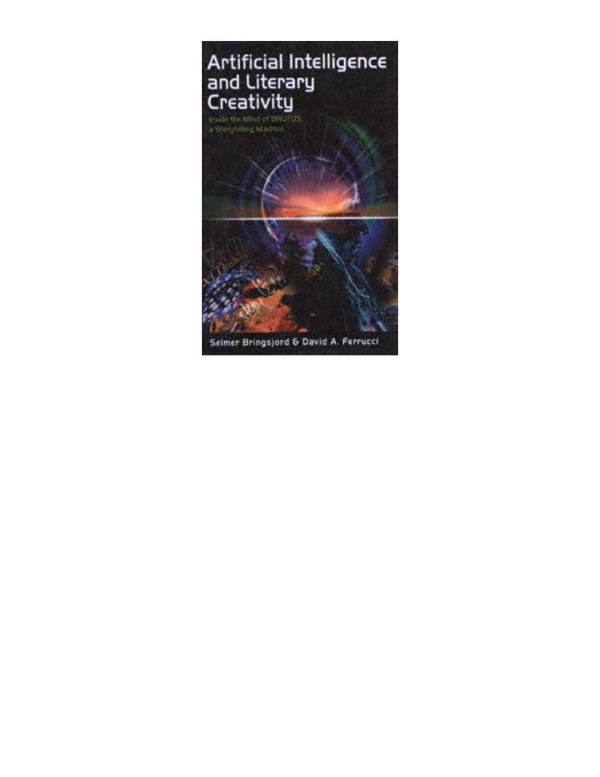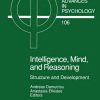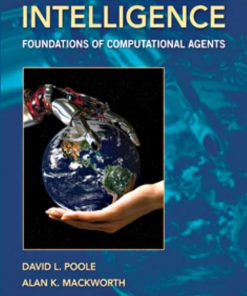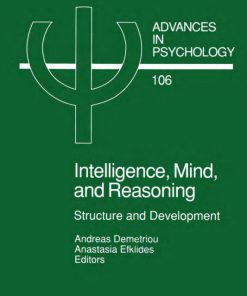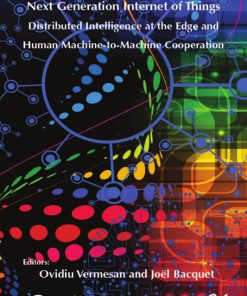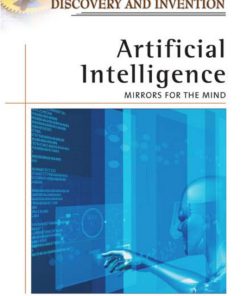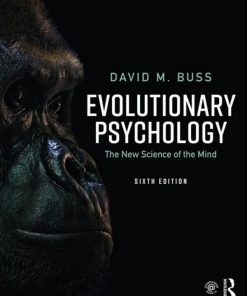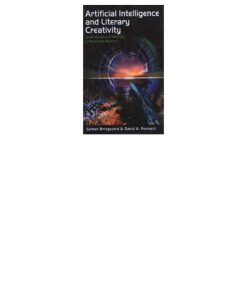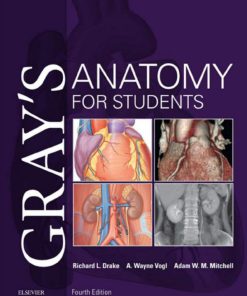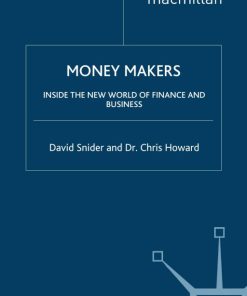Artificial Intelligence and Literary Creativity Inside the Mind of Brutus A Storytelling Machine 1st Edition by Selmer Bringsjord, David Ferrucci ISBN 1135692459 9781135692452
Original price was: $50.00.$25.00Current price is: $25.00.
Authors:Selmer Bringsjord; David A. Ferrucci , Series:Artificial Intelligence [61] , Tags:Computers; Artificial Intelligence; General; Psychology; Creative Ability , Author sort:Bringsjord, Selmer & Ferrucci, David A. , Ids:9780805819861 , Languages:Languages:eng , Published:Published:Dec 2000 , Publisher:L. Erlbaum , Comments:Comments:Is human creativity a wall that AI can never scale? Many people are happy to admit that experts in many domains can be matched by either knowledge-based or sub-symbolic systems, but even some AI researchers harbor the hope that when it comes to feats of sheer brilliance, mind over machine is an unalterable fact. In this book, the authors push AI toward a time when machines can autonomously write not just humdrum stories of the sort seen for years in AI, but first-rate fiction thought to be the province of human genius. It reports on five years of effort devoted to building a story generator–the BRUTUS.1 system. This book was written for three general reasons. The first theoretical reason for investing time, money, and talent in the quest for a truly creative machine is to work toward an answer to the question of whether we ourselves are machines. The second theoretical reason is to silence those who believe that logic is forever closed off from the emotional world of creativity. The practical rationale for this endeavor, and the third reason, is that machines able to work alongside humans in arenas calling for creativity will have incalculable worth.

